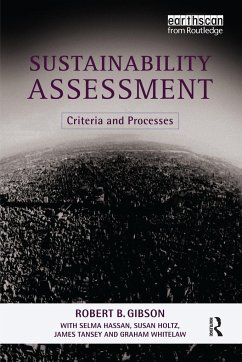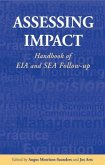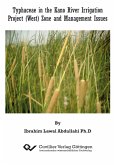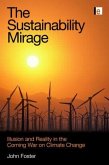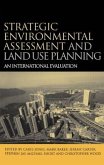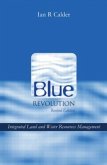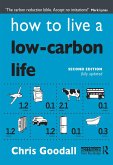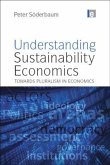Sustainability assessment is now emerging as a more transparent, comprehensive, integrated and far-sighted approach to decision making. Its basic demand is that all significant undertakings must make a positive contribution to sustainability. To apply this test, decision makers need criteria based on the core requirements of sustainability and the particularities of the context. As well, they need appropriately designed public processes; guidance on the weighing of alternatives, trade-offs and compromises; a supportive policy framework; suitable tools and inspiring examples. Drawing from transdisciplinary theory and practical case experience, the book addresses these matters and many of the surrounding controversies. While sustainability assessment must always be adjusted to particular circumstances, the generic approach set out in this book is applicable virtually anywhere.
Hinweis: Dieser Artikel kann nur an eine deutsche Lieferadresse ausgeliefert werden.
Hinweis: Dieser Artikel kann nur an eine deutsche Lieferadresse ausgeliefert werden.

